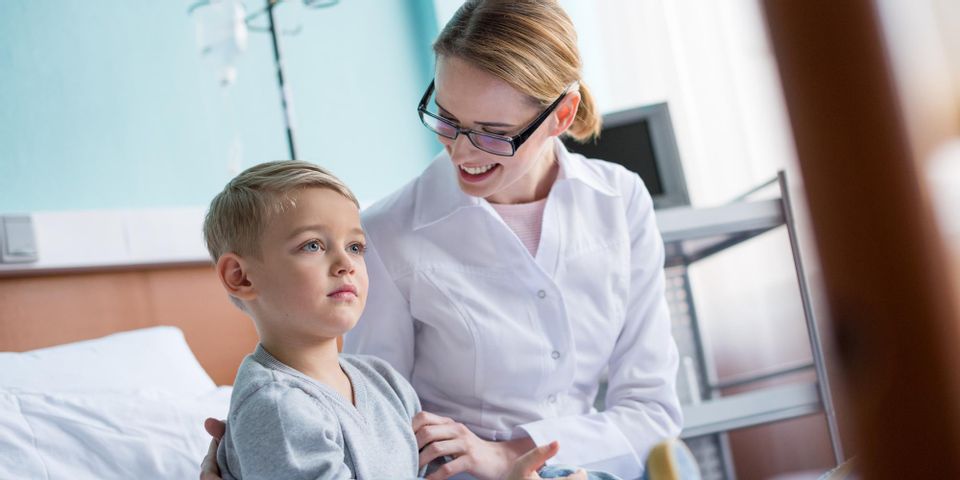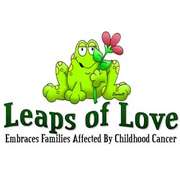
While childhood cancer is a daunting diagnosis for a parent to hear, being informed is one of the best ways to ensure you’re making the right decisions for your child. Whether they have been recently diagnosed or you’re exploring different treatment options, you’re likely to have many questions about what the future holds. Below are some of the most common questions parents have, along with informative answers to help.
4 Commonly Asked Questions About Childhood Cancer
What causes it?
Cancer occurs when cells divide in an unnatural way in specific cell groups, the blood, or the lymphatic system. When a collection of abnormal growths develop, they form a tumor.
While certain types of cancer are linked to behaviors like smoking, experts believe that in children, they may be primarily caused by environmental factors and genetics. The exact interplay of these agents in the development of this disease is still largely unknown.
What is a protocol?
When a person is diagnosed with cancer, their doctors will develop a protocol, which consists of a treatment plan designed for the patient at their specific stage.
These plans may include medication, surgeries, radiation or chemotherapy, immunotherapy, or a combination of these or other treatments to target and remove the cancerous cells.
Can my child still go to school?
 Yes. Most doctors encourage children to engage in as much activity as they feel comfortable with. This usually means attending school and playing with their friends, as long as the other children do not have contagious illnesses. This is especially important for kids who are undergoing chemotherapy, which may affect the immune system and put them at risk for infections.
Yes. Most doctors encourage children to engage in as much activity as they feel comfortable with. This usually means attending school and playing with their friends, as long as the other children do not have contagious illnesses. This is especially important for kids who are undergoing chemotherapy, which may affect the immune system and put them at risk for infections.
However, a child who is being treated may feel unwell on some days, making additional support and accommodations with their teachers essential.
How can I help my child deal with the side effects of treatment?
Oncology teams use specialized, state-of-the-art equipment and protocols to deliver therapies as precisely as possible. This ensures the affected area is targeted, while minimizing the impact on the surrounding tissue.
With that said, side effects from treatments such as chemotherapy may still occur. You can help your little one combat symptoms such as nausea by serving smaller, more frequent meals, and provide over-the-counter or prescribed medications for soothing upset stomachs.
If you’re a parent of a child with cancer, Leaps of Love, Inc. in the St. Louis Metropolitan Area is here to help. This social services organization provides resources to support families affected by childhood cancer as they face challenges head-on. Their team welcomes families, survivors, and volunteers to establish a strong support network for those in need, while also offering fun events and fundraising programs throughout the year. View some of their programs online or call (618) 410-7212 to join one of their retreats.
About the Business
(4 reviews)
Have a question? Ask the experts!
Send your question

